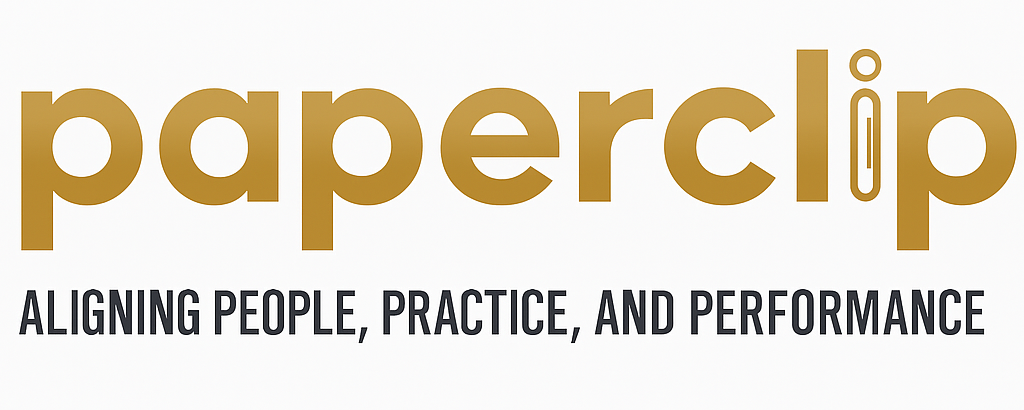Overcoming Challenges and Embracing Change
Today, I want to talk about something that is crucial for any organization’s success: workplace culture. As HR professionals, we understand the significance of fostering a positive and inclusive environment that empowers employees and drives productivity. However, we often come across various challenges and roadblocks that hinder our efforts to improve workplace culture. Let’s dive in and explore how we can overcome these obstacles together!
Addressing common obstacles faced by HR professionals when trying to improve workplace culture:
One of the key challenges we encounter is resistance to change. Humans are naturally creatures of habit, and change can be met with apprehension and resistance. To overcome this, it is crucial to communicate the benefits and rationale behind the cultural changes being implemented. By involving employees in the decision-making process and addressing their concerns, we can create a sense of ownership and encourage buy-in.
Another common obstacle is the lack of leadership support. Without the commitment and involvement of top-level executives, it becomes difficult to drive a culture shift. To tackle this, HR professionals need to educate leaders about the impact of a positive workplace culture on employee engagement, retention, and overall business success. Demonstrating the potential return on investment can effectively persuade leaders to prioritize culture improvement initiatives.
Offering practical solutions to overcome resistance to change and create a culture shift:
To create a successful culture shift, it is essential to establish clear goals and objectives. By defining what the desired culture looks like and setting measurable targets, HR professionals can align their efforts and track progress. Regularly reviewing and sharing these results with the entire organization helps build momentum and reinforces the importance of cultural improvement.
Another practical solution is to invest in comprehensive training and development programs. These initiatives empower employees with the necessary skills to adapt to new cultural norms and embrace change. Providing opportunities for personal and professional growth not only enhances individual performance but also contributes to the overall cultural transformation.
Discussing strategies to handle cultural conflicts in multinational organizations:
In today’s globalized world, cultural conflicts are inevitable in multinational organizations. However, by fostering a culture of open communication and empathy, we can effectively manage these conflicts. Encouraging employees to share their diverse perspectives and experiences not only promotes understanding but also cultivates a sense of unity within the organization. Implementing cross-cultural training can also bridge gaps and foster appreciation for different cultural norms and values.
Providing insights on how to adapt to remote work environments and maintain a positive company culture:
With the rise of remote work, maintaining a positive company culture has become more challenging. However, it is not impossible! Regular and effective communication is the key. HR professionals should encourage virtual team-building activities, provide opportunities for social interaction, and foster a sense of belonging through online platforms. Celebrating achievements, recognizing outstanding work, and promoting work-life balance are essential for remote employees to stay engaged and connected.
In conclusion, overcoming common challenges and roadblocks in improving workplace culture requires a strategic and proactive approach. By addressing resistance to change, involving leadership, setting clear goals, and promoting open communication, we can pave the way for a thriving culture. Embracing diversity, both within multinational organizations and remote work environments, is crucial for building a positive and inclusive culture. Together, let’s create a workplace where everyone feels valued, empowered, and motivated to contribute their best!
